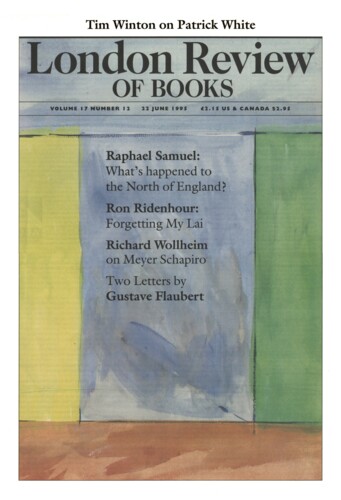Italy Stirs
Adrian Lyttelton, 22 June 1995
The struggle for national independence often takes on a significance which transcends its immediate and local aim. Its leaders, who require resources of courage, sacrifice and determination much beyond what is needed in the ordinary run of politics, are invested with a romantic halo, Garibaldi, to take one example, has claims to be considered the most popular political figure of the 19th century. Poetry and music helped to spread the idea of the Risorgimento as a peculiarly noble enterprise, transforming history into myth and symbol. After his dismissive biography of Mussolini and his scathing treatment of Italy’s royal family, Denis Mack Smith has turned back to a figure who fully engages his sympathies, and some may miss the darkly satirical tone of those earlier essays in denunciation. Mazzini is a work of passionate advocacy, which aims both to remind us of its subject’s enormous importance on the European as well as the Italian stage, and to convince us that on the essential issues he was right. Mack Smith succeeds in conveying the moral and, indeed, physical fascination which Mazzini exerted over his friends and admirers. At a deeper level, Mazzini was admired as the living symbol of a political faith, a man who fought with extraordinary tenacity against overwhelming odds to achieve the fulfilment of the ideals he believed in. The great Russian exile, Alexander Herzen, credited him with ‘an infinity of persistence and strength of will’: ‘Such men do not give in, do not yield; the worse things go with them, the higher they hold the flag … In this inflexible steadfastness, in this faith which goes forward in defiance of facts … there is something of grandeur and, if you like, something of madness. Often it is just that grain of madness which is the essential condition of success.’…

